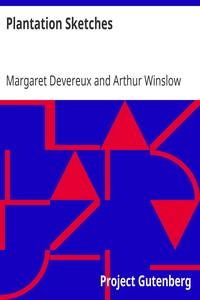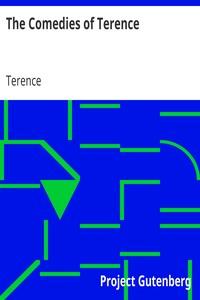Read this ebook for free! No credit card needed, absolutely nothing to pay.
Words: 150046 in 44 pages
This is an ebook sharing website. You can read the uploaded ebooks for free here. No credit cards needed, nothing to pay. If you want to own a digital copy of the ebook, or want to read offline with your favorite ebook-reader, then you can choose to buy and download the ebook.


: The International Magazine Volume 2 No. 2 January 1851 by Various - Literature Modern 19th century Periodicals; Art Modern 19th century Periodicals; Science History Periodicals The International Magazine of Literature Art and Science
THE INTERNATIONAL MAGAZINE
Of Literature, Art, and Science.
Transcriber's note: Minor typos have been corrected and footnotes moved to the end of the article.
EDMUND BURKE.
Edmund Burke is the most illustrious name in the political history of England. The exploits of Marlborough are forgotten, as Wellington's will be, while the wisdom and genius of Burke live in the memory, and form a portion of the virtue and intelligence of the British nation and the British race. The reflection of this superior power and permanence of moral grandeur over that which, at best, is but a vulgar renown, justifies the most sanguine expectations of humanity.
It may be said of Burke, as it was said by him of another, that "his mind was generous, open, sincere; his manners plain, simple, and noble; rejecting all sorts of duplicity and disguise, as useless to his designs, and odious to his nature. His understanding was comprehensive, steady, and vigorous, made for the practical business of the state.... His knowledge, in all things which concerned his duty was profound.... He was not more respectable on the public scene, than amiable in private life.... A husband and a father, the kindest, gentlest, most indulgent, he was every thing in his family, except what he gave up to his country.... An ornament and blessing to the age in which he lived, his memory will continue to be beneficial to mankind, by holding forth an example of pure and unaffected virtue, most worthy of imitation, to the latest posterity."
THE GRAVE OF EDMUND BURKE.
If these sweet wakening dreams were more frequent, we should be happier; yes, and better than we are; we should be shamed out of much baseness--for nothing so purifies and exalts the soul as the actual or imaginary companionship of the pure and exalted; no man who purposed to create a noble picture would choose an imperfect model; no one who seeks virtue and cherishes honor and honorable things, will endure the degradation of ignoble persons or ignoble thoughts; no one ever achieved a great purpose who did not plant his standard on high ground.
A little before the commencement of the present century, England was rich in orators, and poets, and men of letters; the times were favorable to such--events called them forth--and there was still a lingering chivalric feeling in our island which the utilitarian principles or tastes of the present period would now treat with neglect, if not contempt.
The progress of the French Revolution agitated Europe; and men wondered if the young Corsican would ever dare to wield the sceptre wrenched from the grasp of a murdered king; people were continually on the watch for fresh events; great stakes were played for all over Europe, and those who desired change were full of hope. It was an age to create great men.
Let us then indulge in visions of those, who, in more recent times than we have yet touched upon,--save in one or two PILGRIMAGES,--illumed the later days of the last century; and, brightest and purest of the galaxy was the orator, EDMUND BURKE. Ireland, which gave him birth, may well be proud of the high-souled and high-gifted man, who united in himself all the great qualities which command attention in the senate and the world, and all the domestic virtues that sanctify home; grasping a knowledge of all things, and yet having that sweet sympathy with the small things of life, which at once bestows and secures happiness, and, in the end, popularity.
EDMUND BURKE was born on Arran Quay, Dublin, January the 1st, 1730; his father was an attorney: the name, we believe, was originally spelt Bourke.
Free books android app tbrJar TBR JAR Read Free books online gutenberg
More posts by @FreeBooks

: Boy Scouts on Hudson Bay; Or The Disappearing Fleet by Ralphson G Harvey George Harvey - Canada Juvenile fiction; Boy Scouts of America Juvenile fiction; Hudson Bay Juvenile fiction Children's Book Series


: Plantation Sketches by Devereux Margaret Winslow Arthur Editor - Plantation life; North Carolina Social life and customs





